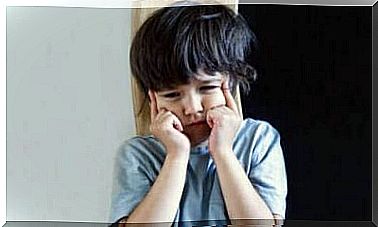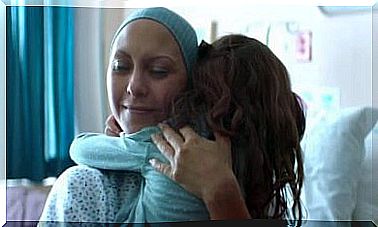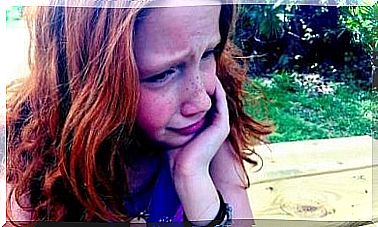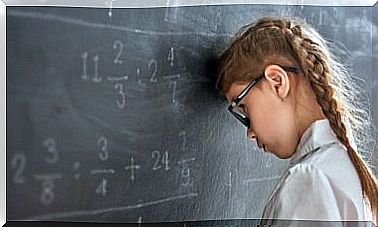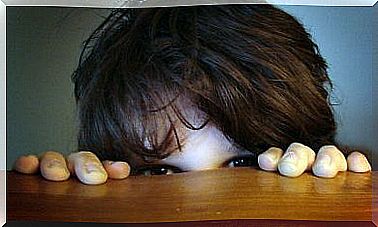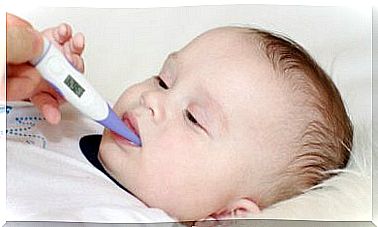How To Tell If Your Child Has Dyscalculia
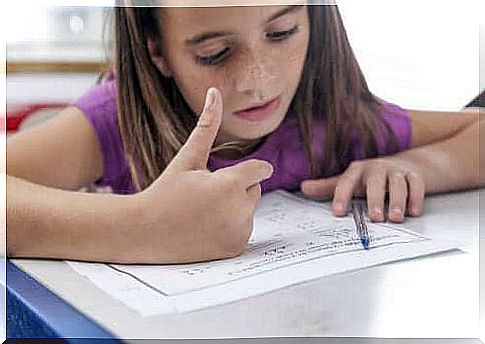
Children with dyscalculia are part of the group of students with specific educational support needs. Therefore, the school must offer them a series of support resources and specialized attention.
But, also, it is important that at home there is the basic notion to detect dyscalculia. That’s why we’ve created this article with information that will help you identify if your child has dyscalculia.
This specific learning disorder affects a large number of children and implies the presence of difficulties related to the acquisition of mathematical competence. This is a basic skill for having a good academic performance.
Acquisition of Mathematical Competence
The acquisition of mathematical competence is achieved gradually. Therefore, throughout school life, new related knowledge is gradually learned:
- To numbering;
- To the seriation;
- To calculation;
- To problem solving;
- Performing exercises in logic.
Furthermore, it is possible to state that there are several cognitive processes implicit in learning mathematics. Therefore, the thoughts that need to be developed for the acquisition of mathematical competence are:
- Protonumeric knowledge;
- Knowledge of counting and numbers;
- Logical operations;
- Knowledge of the number system;
- Arithmetic operations;
- Mathematical problem solving.
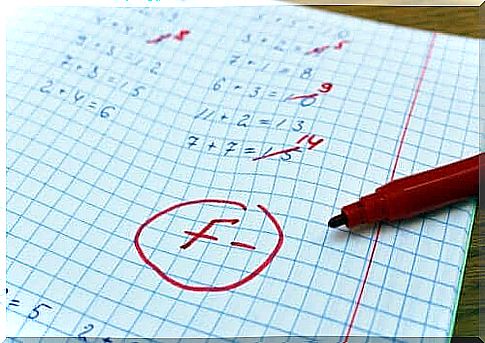
In this sense, it is necessary to take into account that, in order to develop counting and numbering, the authors Gelman and Gallistel define five principles to be assimilated:
- The first is to learn the one-to-one relationship that is established between relying on words and objects;
- The second is to recite and count the words in stable order;
- The third principle is related to cardinality. Therefore, understand that the last number said when counting represents the amount of this set as a whole;
- Fourthly, the principle of abstraction is described, which makes it possible to count anything;
- Fifth, the irrelevance of order. This means being able to count through any sequence, without the result being altered.
How to know if my child has dyscalculia
Dyscalculia is a specific learning disorder that affects the acquisition of knowledge related to numbers and calculus.
This difficulty is not due to the presence of a low intellectual level. Nor can it occur due to school deprivation or poor learning method. Thus, it is possible to consider that the child has dyscalculia because he often makes mistakes with the numerical data.
Therefore, the symptoms that can be observed in a child with dyscalculia are:
- He often uses his fingers to solve basic operations;
- Has trouble understanding the meaning of numbers;
- It presents difficulties in interpreting quantities;
- Has difficulty writing and reading numbers;
- Has trouble automating multiplication tables.
However, it is worth noting that, when proving these warning signs, it is necessary to be aware:
- To chronological age;
- At the level of development.
Thus, once the suspicion of the possible presence of dyscalculia is established, it is important to get in touch with the school, so that the information can be discussed with the teachers and that an in-depth assessment can be carried out by the pedagogical coordination.
One of the psychometric tests used by professionals to detect dyscalculia is the BACMAT (Battery for the Measurement of Mathematical Skills).
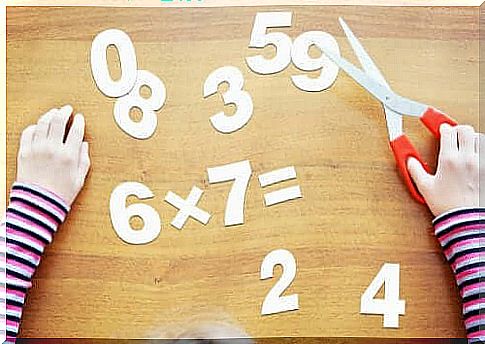
Helping my child with dyscalculia
Helping a child with dyscalculia, at home, needs to be playful and fun, without any pressure or stress for the child. So some ideas for practicing math competence are:
- Working numerical hobbies;
- Teach calculation from demonstration and modeling;
- Use games that include the need to do arithmetic operations;
- Do practical calculus exercises that should focus on everyday life;
Furthermore, the family must prove that the school adopts relevant measures to solve the child’s learning difficulties. That said, normally, within the school, these students participate in individual sessions with therapeutic pedagogy (PT) professionals.
In this way, they can train math skills relying on specialized materials and following a didactic aimed at strengthening the acquisition of this skill.

